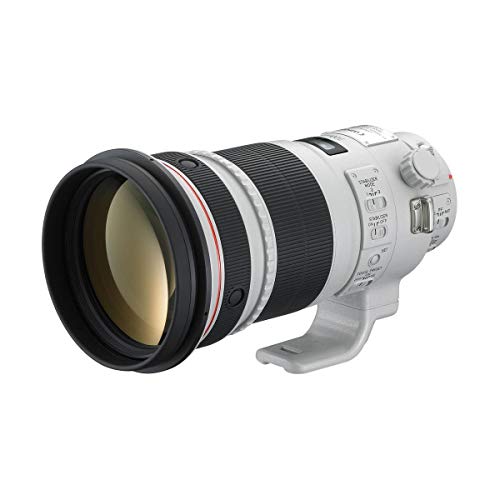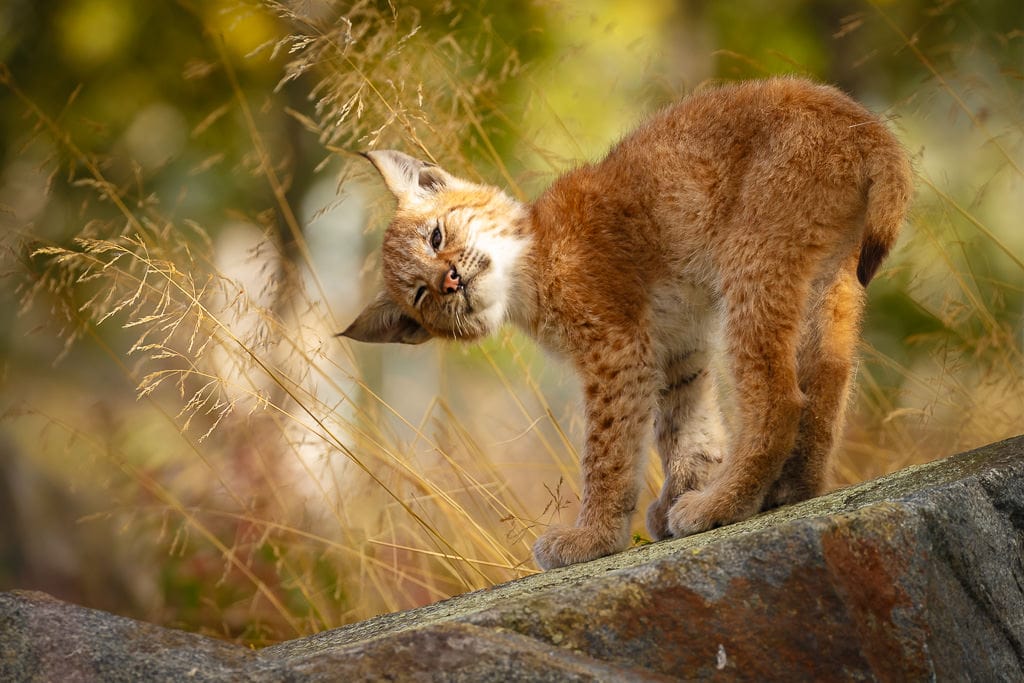Are you struggling to know the wildlife images gear you want? Do you need to know the sorts of gear that wildlife photographers use?
Don’t fear.
As a result of this text is all about gear for wildlife images. You’ll uncover the significance of various cameras, completely different lenses, and extra. And also you’ll come away realizing the gear you’ll must develop into a wildlife photographer.

You see, photographers usually declare that it’s
not the images gear that issues; it’s the ability of photographers.
And that is typically true.
However in the case of wildlife images…
Gear actually is a giant deal. With out the best
gear, you received’t be capable of snag sharp images of distant wildlife. You received’t be
in a position to seize beautiful motion photographs, nor will you be capable of get shut sufficient
for frame-filling hen images.
Important Wildlife Images Gear
Are you able to study all about gear?
Let’s get began.
1. Digital camera for Wildlife Images
In relation to selecting a digicam for wildlife images, you’ve gotten two actual choices:
Mirrorless cameras and DSLRs.
Historically, DSLRs have been the go-to
digicam fashions for wildlife photographers. Whereas mirrorless programs have
threatened to knock DSLRs off their throne, wildlife images nonetheless leans
closely towards DSLRs–as a result of DSLRs supply a number of key options that mirrorless
cameras battle to match.


Canon 5D Mark IV – some of the common DSLRs for wildlife images
First, DSLRs supply optical viewfinders. Which means that you’ll be capable of observe transferring wildlife by means of the lens, which is commonly simpler than utilizing an digital viewfinder (EVF), particularly if that digital viewfinder entails lag. Should you do determine to go for a mirrorless digicam, be sure that the EVF is of very top quality.
Associated article: EVF vs OVF: Optical vs Digital Viewfinder Battle
Second, DSLRs supply extra lenses to select from
than mirrorless cameras, particularly within the wildlife images space. And whereas
some mirrorless programs do offer you entry to high-quality, wildlife-focused
lenses, they’re typically prohibitively costly.
Whichever sort of digicam you select, it’s essential that you just listen to some specs. You’re going to desire a digicam with an excellent variety of autofocus factors (and ensure as many are cross-type as potential).
See additionally: Greatest Reasonably priced Digital camera for Wildlife Images
You must also purpose to get a wildlife
images digicam with high-speed steady capturing. At the very least 5 frames
per second is respectable for wildlife images (although 7 or 8 can be higher,
and 10-15 is great).


Fujifilm X-T3 – very succesful mirroless APS-C digicam for wildlife images
Lastly, many wildlife photographers favor to make use of crop-sensor (APS-C) cameras, as a result of the corresponding crop-factor offers them extra attain.
Associated article: Full Body vs APS-C Cameras: Which Do You Want?
Whereas full-frame cameras are likely to carry out higher in low mild (which is a standard scenario for wildlife photographers), the extra attain is helpful in all kinds of conditions.


2. Lenses for Wildlife Images
Selecting a wildlife images lens is without doubt one of the most troublesome duties a newbie can undertake.
As a result of there aren’t many choices, all issues thought of, and just about each choice is pricey.


Canon EF 300mm f/2.8 – top-of-the-line excessive finish lenses for wildlife images
You’ll in all probability be tempted to go together with a telephoto zoom, one which extends to 300mm. However the reality is that 300mm is fairly troublesome to make use of for wildlife; it’s simply too brief. Should you’re utilizing a crop-sensor digicam, then it’s best to purpose for a minimum of 400mm (the place 300mm is an absolute final resort). A 500mm lens is commonly higher, nevertheless it’s exhausting to search out 500mm lenses with low costs and good optics rolled into one.
See additionally: Take Skilled Wildlife Images
Be aware that you just’ll desire a lens with quick autofocus capabilities (for monitoring wildlife), in addition to sharp glass.
A extensive most aperture (of a minimum of f/4) received’t go amiss, both. And you might need to take into consideration dimension and weight. Should you’ll usually be touring, it could make sense to make use of a shorter focal size and sacrifice the additional attain for dimension. However, should you don’t thoughts utilizing a tripod on some events, an even bigger lens will do exactly fantastic.


Fujifilm XF100-400mmF4.5-5.6 – turns into 600mm lens on APS-C digicam
Ideally, your lens can have a strong construct high quality and climate sealing; that is essential for these wildlife photographers who actually topic their gear to troublesome situations. And whereas that might not be you proper now, it’s price contemplating whether or not you’ll be like that sooner or later.


3. Tripod for Wildlife Images
A tripod isn’t a necessity in the case of wildlife images.
However it is extremely useful.
See additionally: Wildlife Images Digital camera Settings
Wildlife images is commonly accomplished with huge lenses in variable lighting situations, and the sunshine is commonly poor. Even should you’re capturing throughout a pleasant night, you’ll nonetheless find yourself with considerably low mild–and need that you just had a method to stabilize your setup.
That’s the place a tripod is available in.
See additionally: Quick Shutter Velocity Images
I’d advocate getting a tripod that may get
down low, so to shoot on a degree along with your topic. You’ll additionally need
one thing light-weight (so carbon fiber legs are the best way to go), and decently
secure. However word {that a} wildlife images tripod doesn’t need to be
rock-solid. It’s stabilizing your tools, not letting you’re taking lengthy
exposures.


Sirui W-2204 Waterproof Carbon Fiber Tripod
Should you don’t like tripods and would favor to
go with out one, you may be sure that your lens consists of some type of picture
stabilization. This may compensate for a lot of the digicam shake launched by
the lens dimension.


4. Teleconverter for Wildlife Images
A teleconverter means that you can lengthen your
lens’s focal size past its native choices.
As an illustration, a 2x teleconverter doubles your
focal size, so a 400mm lens would develop into an 800mm lens.
That is nice for wildlife, besides that you just
lose mild when utilizing a teleconverter, so it’s a must to stability the lack of mild
in opposition to the worth of the additional attain.
Teleconverters even have high quality points; slapping on a teleconverter degrades picture sharpness, and so you need to be cautious. In case your lens is ultra-sharp to start with, you may usually get away with a 1.4x or a 2x teleconverter. However poor-performing lenses will hardly ever do nicely with teleconverters.
See additionally: Price range Choices Lenses for Chicken Images
To not point out that loads of lenses received’t
really autofocus with teleconverters, so that you’ll must do a little bit of analysis
earlier than shopping for. Lenses with a most aperture of f/2.8 or f/4 are an excellent guess,
but when your lens features a variable aperture (e.g., f/4.5-5.6) then the
teleconverter in all probability received’t work.
Right here’s the underside line:
Teleconverters might be helpful, particularly on
shorter lenses. However there are many wildlife photographers who don’t use teleconverters,
so don’t really feel obligated to purchase one.


Conclusion
Hopefully, you now have a way of the
wildlife images gear you want–and the way to select from amongst your many
choices.
So I like to recommend you seize the gear and get began
capturing as quickly as potential. Wildlife images is thrilling, and there’s
nothing to be gained by ready!


